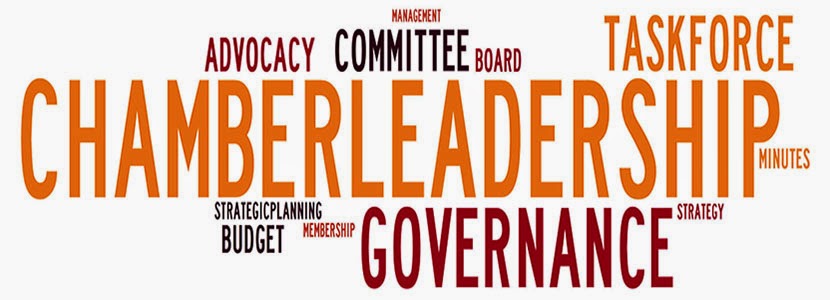As a competent chamber executive, we are constantly responding to member requests, trends in the industry, etc.
But do we spend enough time figuring out what are our core competencies?
A starting point is to survey your members (for a blog post on survey tools click
HERE).
Identify what they want and prioritize. Put the appropriate resources in place to deliver on these core competencies once they’ve been identified.
As you are aware they may be different depending on your local situation and make-up of the community (i.e., political, networking, education, etc.).
The
Western Association of Chamber Executives (W.A.C.E.), in 2010, released its latest study on the subject. Based on respondents from 15 western states, the top five core competencies members want from their chamber are as follows:
- Creating a strong local economy
- Promoting the community
- Providing networking opportunities
- Representing the interest of business with government
- Political action
If you have not led your board through a recent strategic planning session to identify your core competencies, their toolkit is a good starting point. Or, this previous
blog post on a board retreat might be helpful.
And, once you’ve identified these core competencies, don’t forget to measure your results on how you’re delivering on their importance to your membership.
Good luck!


